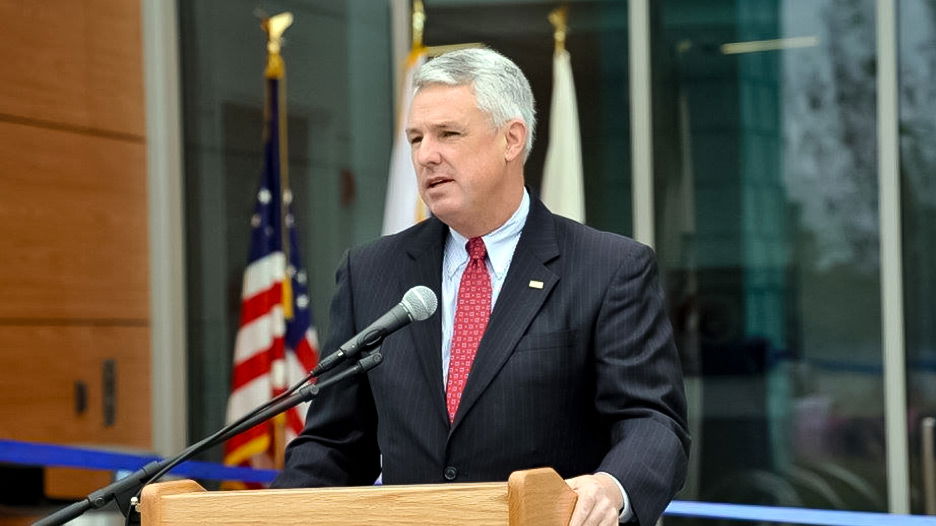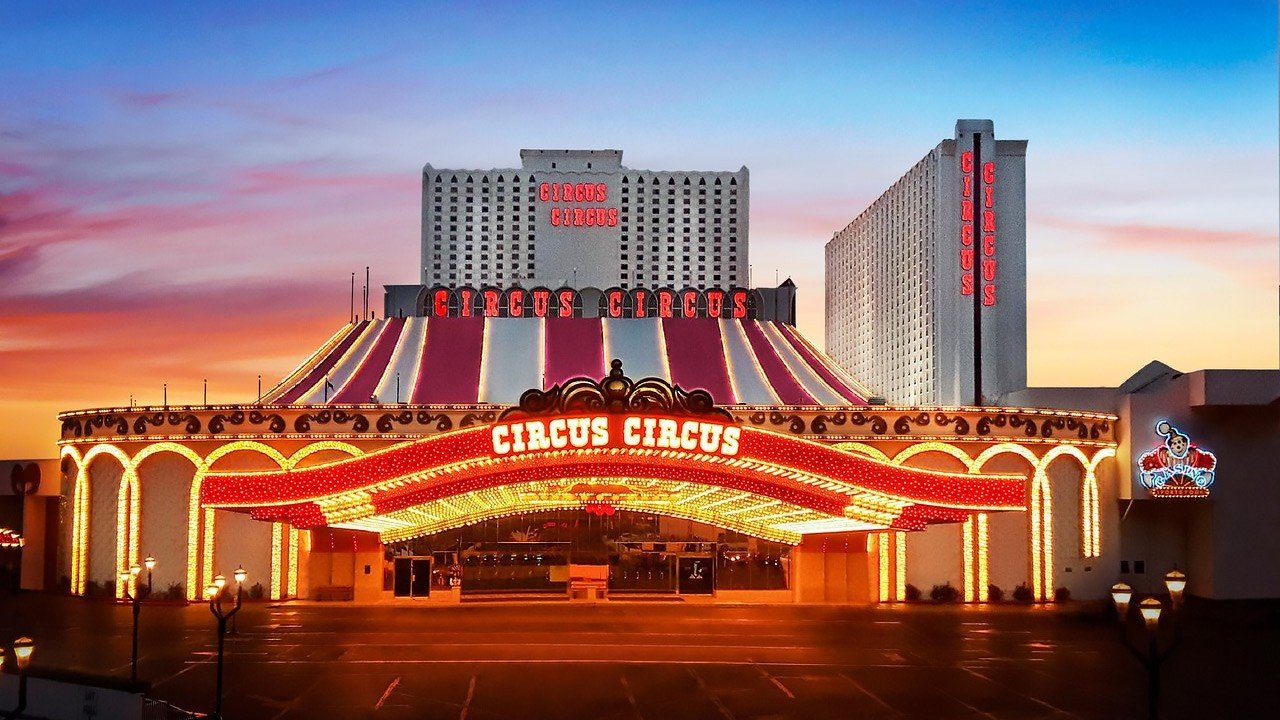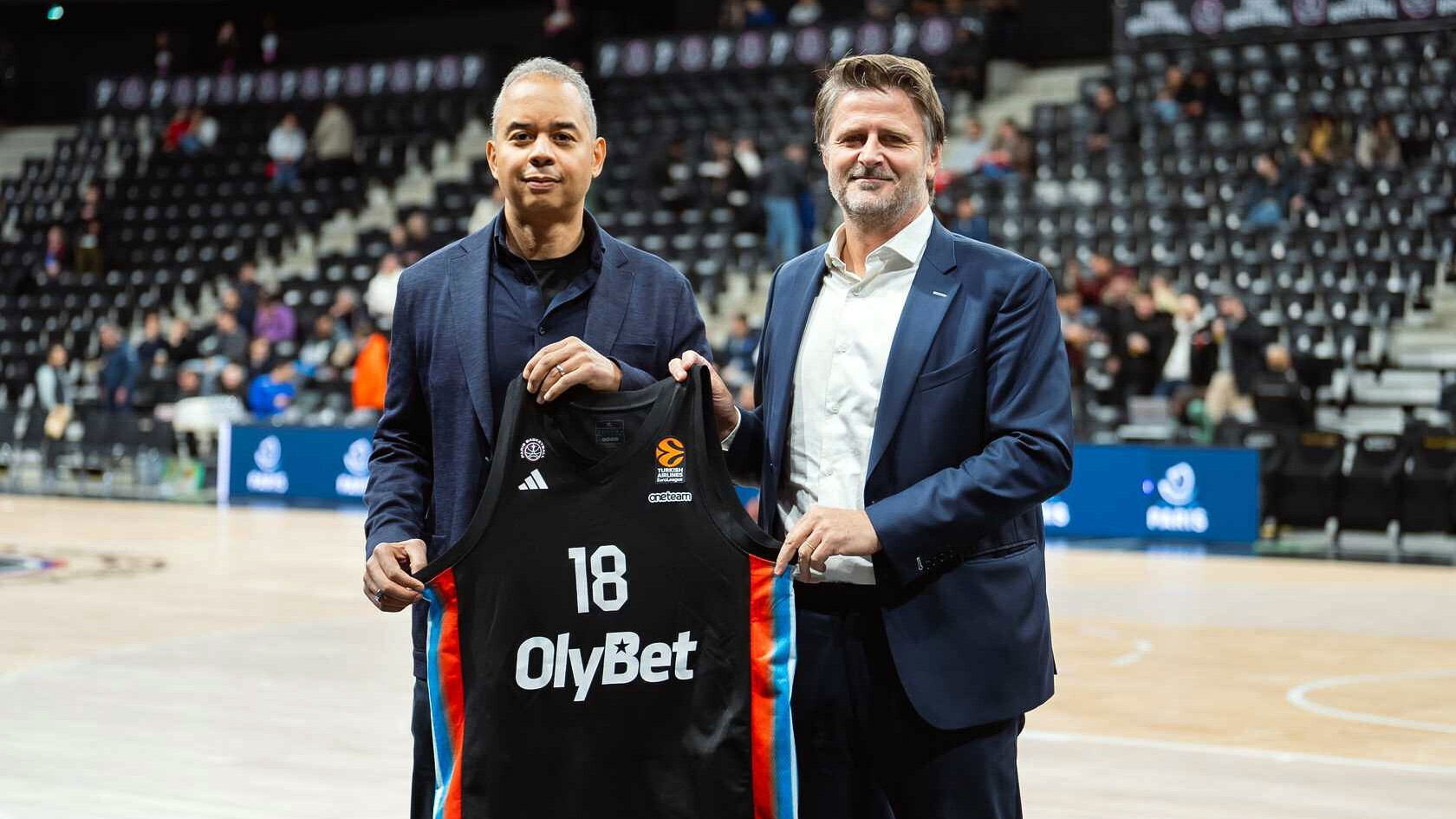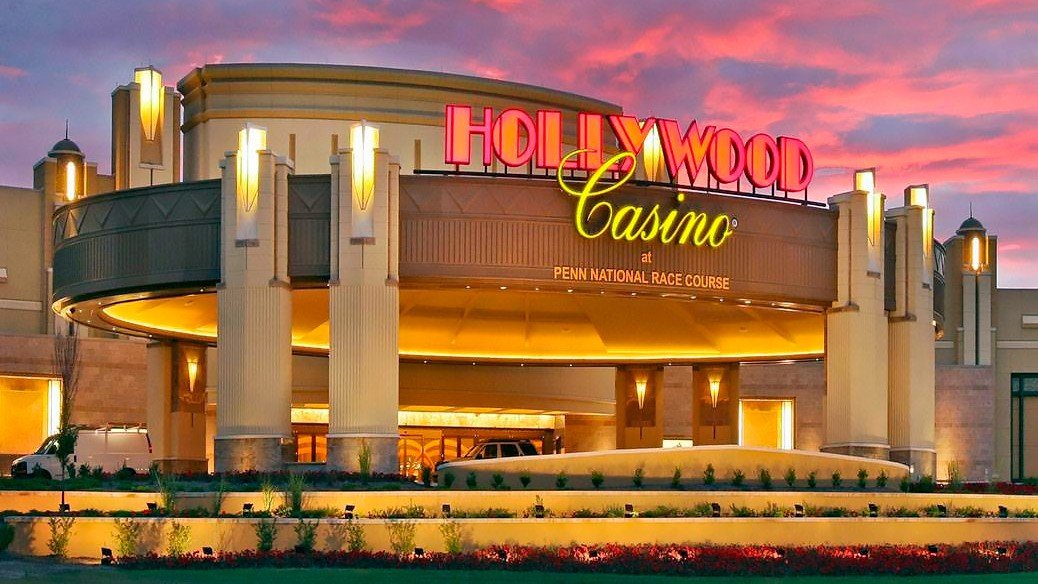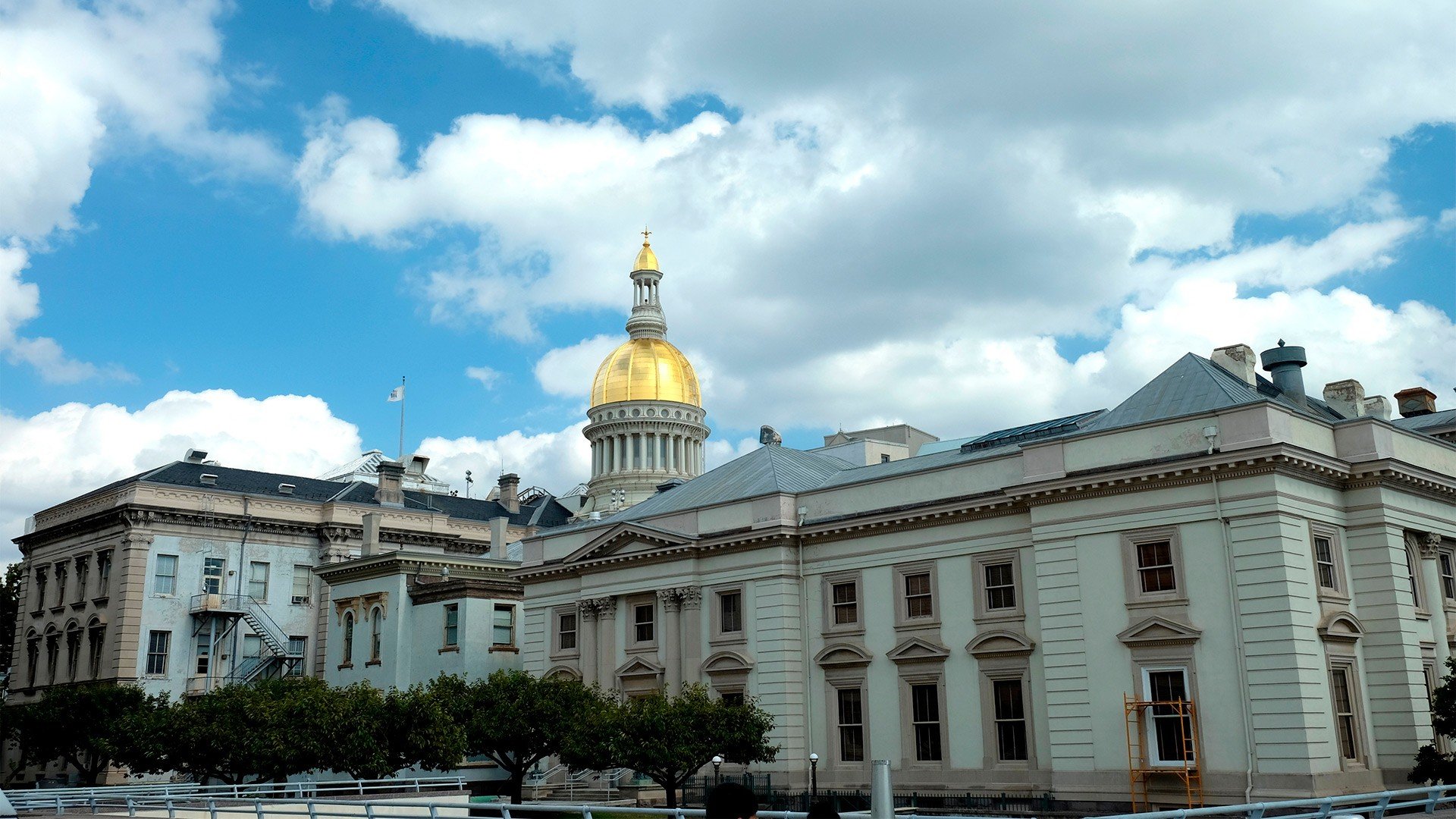Two California cardrooms make second legal attempt against tribal sports betting initiative

Two California cardrooms —Hollywood Park Casino and Parkwest Casino Cordova— announced Monday they have filed a lawsuit in the Los Angeles Superior Court as their second legal attempt to prevent the only sports betting ballot initiative to qualify so far for November from going to the voters.
The initiative, named "California Sports Wagering Regulation and Unlawful Gambling Enforcement Act", is promoted by nine California tribes and would legalize sports wagering, allow roulette and craps at tribal casinos, and grant one-way permission for tribal casinos to sue their cardroom competitors. Top supporters of the initiative include the Pechanga Band of Luiseno Indians in Riverside, the Yocha Dehe Wintun Nation near Sacramento, and the Federated Indians of Graton Rancheria in Sonoma County.
Hollywood Park Casino in Inglewood (Los Angeles County) and Cal-Pac Rancho Cordova (Sacramento County) claim that the proposed measure violates California's constitutional rule that ballot initiatives can involve only a single subject, given it covers the legalization of sports betting, and the other two subjects would be the elimination of California’s ban on Las Vegas-style casinos and the enactment of a private-enforcement provision for criminal violations of gambling laws.

The cardrooms have unsuccessfully petitioned the California Supreme Court to stop the initiative on an emergency basis, but last month the Supreme Court declined to hear the case at this time. The new suit requires cardrooms to start at the Superior Court level of review.
They argue that several of California's largest cardrooms are in urban areas with diverse populations, such as Inglewood, Bell Gardens, City of Commerce, and contribute a large percentage of those cities' annual tax revenue. Overall, California's 85 cardrooms pay nearly $500 million a year in local taxes, employ about 18,000 people, and range in size from one table to 270 tables, according to a press release.
"If passed, the gaming tribes will simply use the hidden provisions in the controversial initiative to attempt to put their business competitors, the cardrooms, out of business. And of course, unlike the cardrooms, the California tribes will pay no taxes into those urban areas, instead keeping that money for themselves," the two cardrooms say in the release.

"What this sports-wagering ballot initiative really does is to surreptitiously destroy competition with California's cardrooms by granting more rights to Tribal casinos, including the right to file a stream of lawsuits against card rooms,'' said Deven Kumar, General Manager of Hollywood Park. "This is not what the initiative process was designed to do, and certainly not what this initiative is advertised to do."
As current law stands, Indian tribes are allowed to offer slot machines, lottery games and banked card games without having access to Las Vegas-style games. On the other hand, cardrooms operate “player-dealer” games – poker, for example – and do not act as the bank, instead having individual players rotate as the bank. A major fear of cardrooms is the portion of the initiative regarding the private-enforcement provision, which allows individuals – not just the government – to sue cardroom owners over alleged violations of criminal gambling laws for civil penalties up to $10,000 per violation, The San Joaquin Valley Sun reports.
The nine tribes funding and backing the initiative already have raised and spent $12.5 million on their campaign. The tribes are the Pechanga Band of Luiseño Mission Indians, the Barona Band of Mission Indians, the Yocha Dehe Wintun Nation, the Agua Caliente Band of Cahuilla Indians, the Rincon Bank of Luiseño Mission Indians, the Santa Ynez Band of Chumash Mission Indians, the Sycuan Bank of the Kumeyaay Nation, the Soboba Band of Luiseño Indians and the San Manuel Band of Mission Indians.
A second initiative is supported by the mayors of San Jose, Colma, Inglewood and Gardena alongside major cardroom operators, and would legalize online and in-person sports betting while also permitting licensed cardrooms to offer additional card and tile games currently limited to tribal casinos.
Another one, backed by DraftKings, FanDuel and other national operators, would legalize online betting in partnership with tribal casinos that meet certain requirements while directing 85% of tax revenues to homelessness programs. It has gained the support of Fresno Mayor Jerry Dyer and the mayors of Sacramento, Oakland and Long Beach. These two last proposals are still gathering signatures.
In January, California Secretary of State Dr. Shirley N. Weber announced that the proponents of the state's fourth sports betting initiative, backed by the San Manuel Band of Mission Indians and other three tribes, were cleared to begin collecting petition signatures for the November 2022 ballot. This tribal initiative, presented last November by the San Manuel Band, the Rincon Band of Luiseño Indians, the Federated Indians of Graton Rancheria, and Wilton Rancheria, seeks to give tribes exclusive rights for operating both in-person sports betting on tribal lands and online gambling statewide. It also promises funds to solve California’s homeless struggles as it would send 85% of tax revenue per year toward helping people secure housing.
State law allows proponents of a ballot initiative to withdraw their measure any time before the final deadline on June 30.


